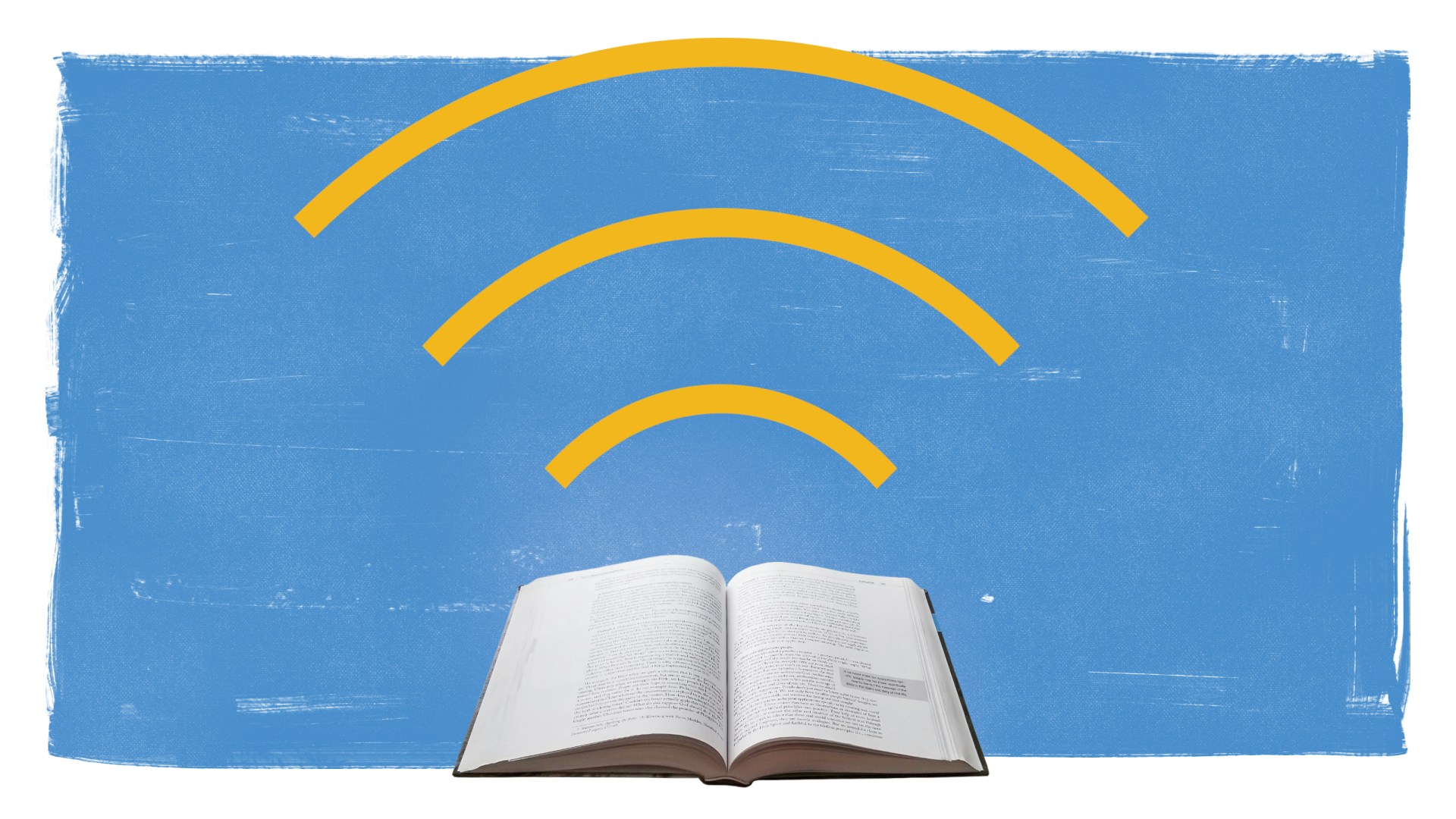Gone are the days when the only option for college was attending classes in person. With the rise of technology comes a rise in online education. Today’s college students are digital natives—tech savvy and plugged in—and colleges are quickly innovating to accommodate the changing needs of this new generation. Accredited online degrees and distance-learning programs are prevalent across the country and are viable options for prospective students. They offer flexibility, faculty mentorship, and high-quality instruction without the same commitment to an on-campus, four-year institution.
Online learning makes earning college degrees and certifications more accessible than ever before. One student needs to juggle her full-time teaching job with the latest political science seminars. Another has a demanding ministry internship, and he squeezes in classes on nights and weekends. A nursing major in Minnesota carries family obligations and is glad for the option of studying from home rather than relocating to campus. All of these students benefit from the flexible, convenient nature of online courses.
At Northwest University, a top-ranked Christian university near Seattle, Washington, both traditional students (those in physical attendance) and non-traditional (those strictly online) enroll in online classes. Northwest University has six online-only bachelor of arts degrees. These programs carry the same accreditation as residential degrees, and at graduation, online students receive the same diploma as on-campus students. Each class goes through a rigorous writing, editing, and approval process, ensuring that students get the best and most current information. In addition, every class is integrated with Christian faith, which makes for a unique, meaningful, and growth-filled learning experience.
Liz Larzelere, director of curriculum and faculty development for Northwest, is proud of her school’s online program. She says, “The variety, flexibility, and dedication to strong Christian integration in each course makes our program an excellent option.”
A Guide on the Side
Online professors can be viewed as “the guide on the side” instead of “the sage on the stage.” One such guide is Sarah Hanson, a psychologist and adjunct professor of psychology at Northwest University.
To appeal to a variety of learning styles, Hanson develops many kinds of assignments: multimedia projects, traditional written papers, and even PowerPoint presentations. Some students who don’t thrive in a traditional classroom find the online format a better fit, and Hanson works hard to personalize the experience for each of her students. “I try to make contact with the class as a whole at least once a week, and with students on an individual level a couple times through the course,” she says.
Hanson also stresses that online schooling does not mean easier schooling. She believes only the most driven students excel in this environment. Larzelere echoes this sentiment. “It takes a highly motivated and self- directed student to be successful at an online degree,” she says. One hour of study in the evening won’t cut it. Effective online students put in their best effort over many hours: watching lectures, writing papers, and completing assignments. Bethel College in St. Paul, Minnesota, recommends planning for a 15-hour commitment each week to its online program.
While they offer flexibility, online classes, more so than their residential counterparts, also teach invaluable lessons in resourcefulness, initiative, and efficient time management—marketable skills that employers seek.
Liberty University in Lynchburg, Virginia, supports online students with academic resources. It has an online library, writing center, and tutoring. It also provides study aids, IT assistance, tutorial videos, live webinars, and personalized help from their academic advising team.
Who Has Control?
Online students sit in the driver’s seat and navigate their own schedule because they can choose classes that best suit their specific interests and needs. Made on demand, each student’s course load is as unique and varied as their aspirations. Amanda C., a public school teacher in Washington State, got her education degree online. She says she already had “so much life and teaching experience, I just needed the degree. I didn’t want to go into debt, so I kept my full-time job and did the flexible class hours between my work hours.”
Some programs are asynchronous while others tout blended or hybrid classes. Asynchronous learning allows students to complete classwork on their own time, at their own pace, from any location. Watching a lecture or commenting on a communal class bulletin board can be done in the mid-afternoon or in the wee hours of the morning, even spanning a few months if needed.
Blended learning programs, or hybrid programs, combine an independent schedule with structured check-ins—online classroom time and discussions, group projects, virtual office hours, and feedback from the professor. Columbia College, in Columbia, Missouri, has degree programs that are completely online and others on a hybrid model, where students can mix and match—taking in-person evening classes as well as online classes. Columbia also has 36 extended campuses across the country and in Cuba to make the hybrid program even more accessible. Occasionally a program will require a week or two of residency. Bethel College has seven completely online degrees, but its bachelor of science in behavioral and social science requires a one-week stay on campus annually in addition to the online classes.
Not only can students save time by pursuing an online degree, financial aid is available, as is assistance for military personnel. Most programs list their cost-per-credit and credit requirements on their website. Columbia College boasts of its Truition program—truth + tuition—in which the college pledges to be “upfront and truthful about the cost of college” with free books and no hidden fees, so students can accurately plan ahead.
Innovation Meets Education
Those teaching online classes, especially in blended learning situations, strive to stay connected in new, intentional ways. Professors can leave notes on a virtual message board, post their assignments to an online portal, and individually follow up with students through direct messages or email. Hanson at Northwest thinks the technology enhances the online experience and doesn’t distract or take away from the learning. “The technology is very intuitive and easy to use,” she says. “The university does a good job keeping the professors up-to-date with training on new technology.”
Some schools are leveraging their lectures to be accessible throughout the course. During the fall of 2019, Northwest University’s professors captured 1,300 hours in the classroom using the Panopto Recorder, and these recordings were viewed over 1,550 additional hours. Northwest found that students liked having access to the lectures as they studied for exams, worked on projects, and wrote papers.
Because technology changes frequently, schools work hard to keep their faculty updated with the latest technological and pedagogical developments. IT departments are constantly improving their software and equipment to ensure ease of use for both students and professors. As this emphasis trickles down to the classroom, teachers are using the latest technological programs to make their course more interactive.
Educators in the classroom aren’t the only ones developing innovative ways to reach students. Christian colleges are equipped with staff who are eager to foster Christian community and may offer online Bible studies and various forums for spiritual encouragement. Some colleges stream on-campus worship services, making it possible for their online students to participate.
Finding Your Fit
The benefits to pursuing a degree online make it an attractive option—potential cost savings, flexible scheduling, and customized programs, all without sacrificing personal connections. But online learning isn’t a great fit for every student. Those looking for a traditional campus experience, a structured learning environment, or personal contact with classmates and professors may be disappointed with online-only classes. However, for self-motivated students with a strong sense of purpose, an online degree is worth considering.
The college selection process is difficult. Choosing a college always requires a leap of faith—the question is: Which way will you jump?
Rachael Mitchell is a freelance writer living near Seattle, Washington, with her husband, three kids, and a dog. She loves a strong cup of tea on depressingly gray, rainy days and is always looking for more time to read.
Posted


